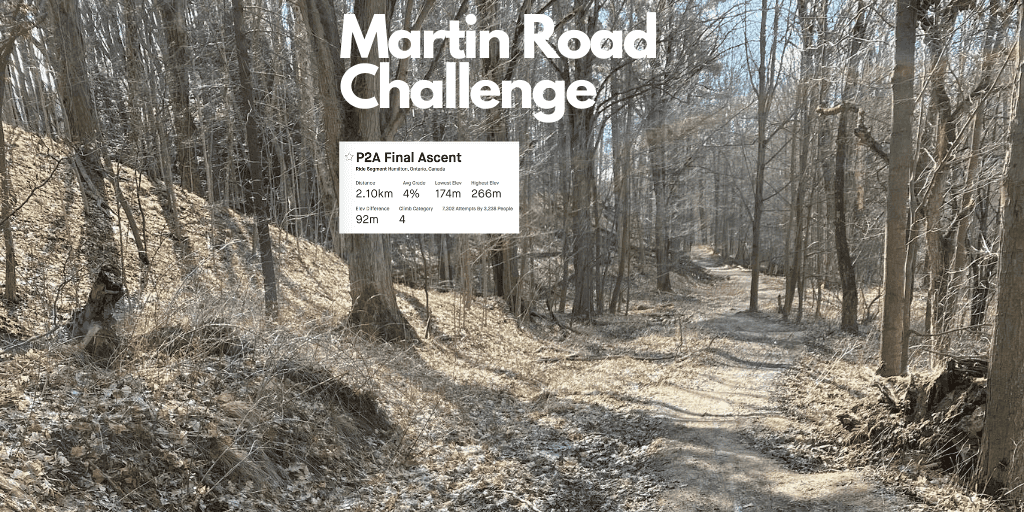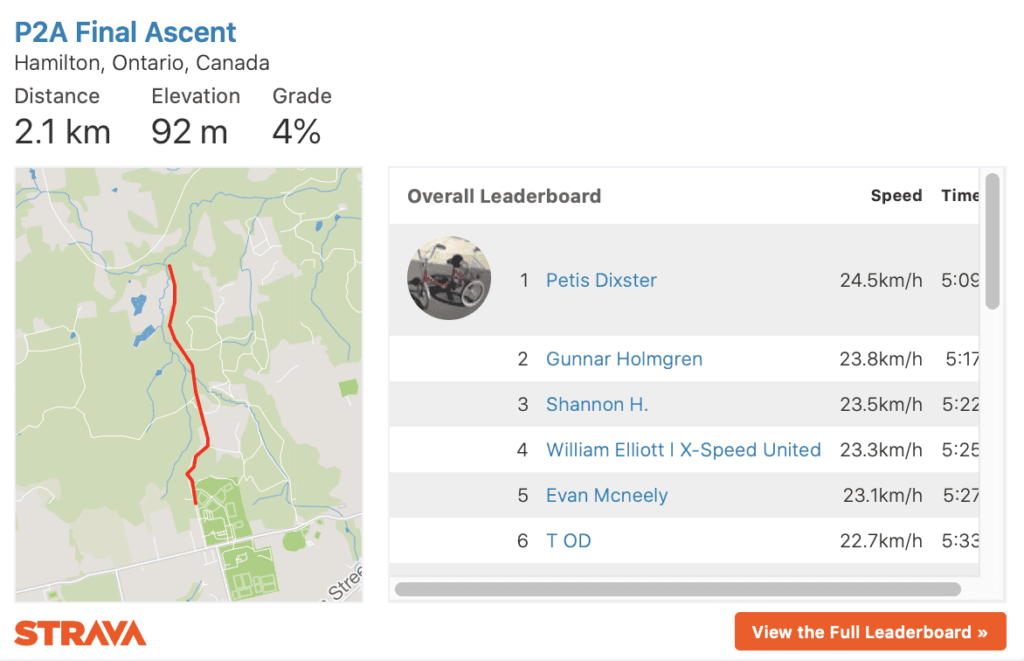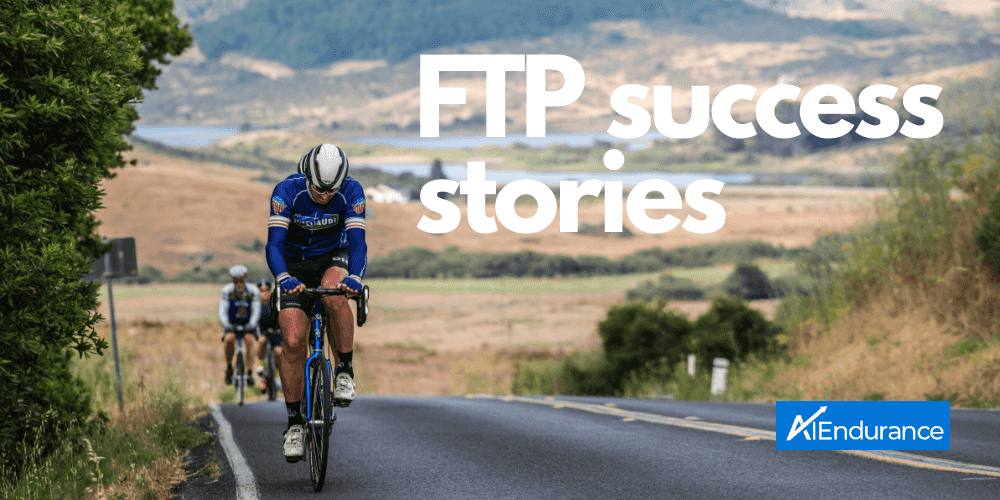
Stay on top of your goals and support our local businesses and charities at the same time. A virtual cycling challenge that comes as close to a race as possible now that social distancing is crucial in slowing down the spread of COVID-19.
During these difficult times AI Endurance wants to do what we can to support the amazing cycling community in Southern Ontario. While we understand there are more important things right now we also don’t want your hard earned fitness to go to waste. Like so many of you, we are all disappointed the upcoming races such as Paris to Ancaster are cancelled because of COVID-19.
Check out our running virtual challenge:
In order to support local businesses (many of which are struggling during this crisis) and charities such as the St Joseph’s Hospital Foundation, we came up with a new virtual “race” format, a virtual cycling challenge, that respects social distancing.
Join today and compete in AI Endurance’s Virtual Martin Road Challenge! The winning prizes are a $25 gift card for the overall fastest female/male times from a local business of your choice or a donation to the St Joseph’s Hospital Foundation. The top 3 of each age-group will get a free subscription to AI Endurance.
The course is the final ascent of Paris to Ancaster up Old Martin “Road”, see Strava segment. The start is at the intersection of Old Martin Road and Mineral Springs Road where you turn of the tarmac road onto the trail. There are some challenging technical parts in the first part, finishing off with the infamous Martin Road climb. The segment finishes after the climb where the finish line of the Paris to Ancaster would be. Make sure you stick to the route exactly as otherwise Strava might not enter your effort into the segments leaderboard and your effort won’t count towards the ranking.

Ride the Strava segment as if you’re in the race. Give it your best effort! Pay attention to traffic - safety first.
Make sure you record your effort on Strava. All efforts recorded between March 22st and April 30th count towards the virtual ranking. Pick the day where you feel best. You can do multiple attempts - we’ll count your best attempt.
Important: We urge you to respect all regulations and restrictions related to COVID-19. For updates on the general situation please consult the authorities resources.
Instead of high-fiving in person after the race, we’ll celebrate each other in the virtual space! #martinroadchallenge #aiendurance

by Grant Paling. Triathlon is a sport that challenges both the body and the mind, and my journey through the European Age Group Championships this year has been a testament to that. In this blog, I reflect on the delicate balance between human grit and the transformative role of AI coaching, exploring how technology can enhance performance while leaving the final push to the athlete.

by Grant Paling. It has been a while. I hope you’ve all been ok. The winter months are hard. Darkness, cold, rain. It’s not always easy to get motivated to train. It’s also a time when maybe it’s a bit more appealing to stay on the sofa and watch some good TV - as you might guess from the blog title I’ve been watching Loki on Disney Plus, among other things (and yes I am a bit late to the party there).

by Grant Paling. Our increasingly digital society is becoming more and more data driven. And with that, we make decisions. I hear a lot the phrase “if you torture the data long enough it will tell you whatever you want.” I get it but I also think that’s usually the phrase used by someone who doesn’t WANT to believe the data. Because good data is hard to argue with.

We recap the results of following AI Endurance’s cycling training plan that saw our FTP grow according to AI Endurance’s predictions, following the instructions on how to improve FTP.